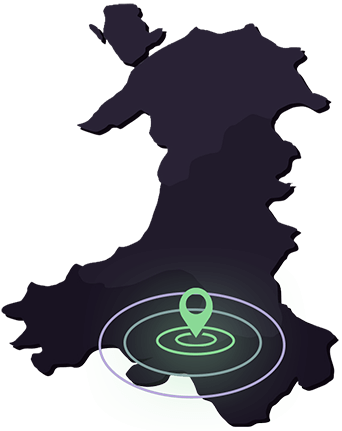01639 730043
FAQ
Can everyone be hypnotised?
Virtually everyone can be hypnotised although some people are more readily hypnotised than others. The most important thing is to be fully committed to the process and feel you can trust the hypnotherapist.
What is a trance?
Have you ever been “lost in thought” or day dreaming, driving for a distance and can’t remember which route you have taken? We go in and out of trance states spontaneously without realising it.
Hypnosis is the state of inner absorption, concentration and focussed attention which can help you to use your mind more powerfully.
Will I fall asleep?
Hypnosis was coined in the 1840’s and comes from the Greek word “hypnos” (or sleep). Although outwardly a person may look asleep this is not an accurate description of the experience.
Which depth of trance is the most effective?
There are a number of different levels of trance light, medium, deep and deeper still. The most beneficial trance state will depend on the individual and the therapist, working together in achieving the goals you want to achieve.
Will I lose control?
You are in control. A hypnotised person cannot be made to do anything against their usual ethical or moral judgement or religious belief.
Medicine and hypnotherapy?
Recent research in neuroscience is providing us with more insights into the brain and how hypnotherapy works. There is still much to be discovered.
In the UK during the 50’s & 60’s research considering the uses of hypnosis alongside medicine was agreed to be advantageous and the British Society of Medical & Dental Hypnosis was formed. During the 70’s psychologists working alongside their colleagues from the medical and dental profession established the British Society of Experimental and Clinical Hypnosis.
These advances in the UK saw the spread of the use of medical hypnosis world wide.
Are there any conditions which can’t be treated with hypnotherapy?
The benefits of uses of hypnotherapy are extremely wide ranging. Although there may be instances where it may not be advised to use e.g. severe mental health condition such as psychosis and schizophrenia or people with special needs. If in doubt contact us or seek the advice of your GP or health professional.
Professional Hypnotherapy
There are a number of professional registers which hypnotherapists can subscribe to. I am a member of the General Hypnotherapy Standards Council which seeks to promote the profession and protect the public. It also oversees a General Register for Practitioners which enforces compliance with a Code of Ethics & Practise. See https://www.general-hypnotherapy-register.com/code-of-ethics/
I am also member of the Association of Neuro Linguistic Programming which promotes a collection of methods and models as a valuable tool for business and personal development. See https://anlp.org/why-choose-a-member-of-anlp


